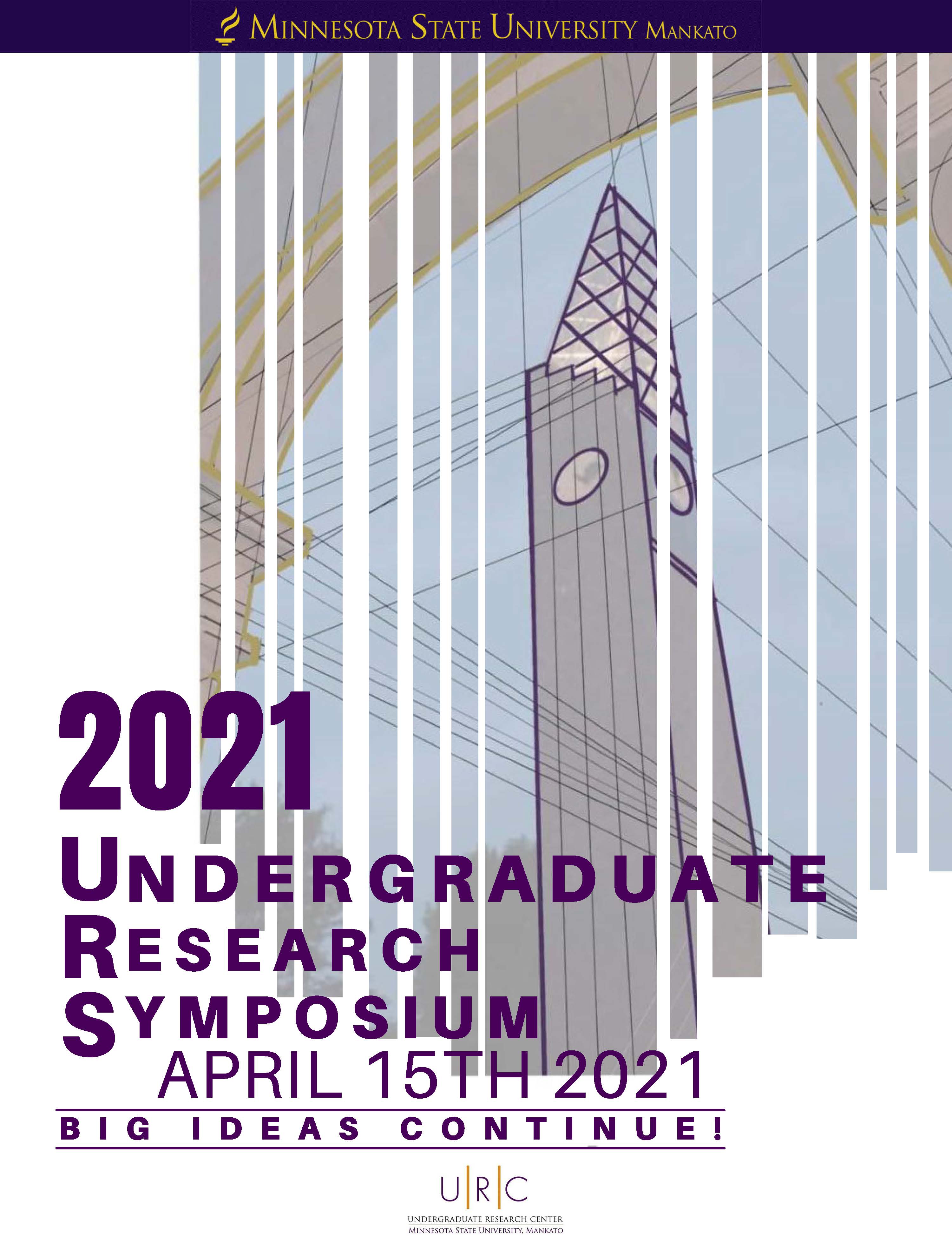End-of-Life Care Conversations: Family Care Partners Share Their Experiences About Their Loved One Living with Dementia at End-of-Life
Start Date
15-4-2021 9:30 AM
End Date
15-4-2021 10:30 AM
Student's Major
School of Nursing
Student's College
Allied Health and Nursing
Mentor's Name
Kristen Abbott-Anderson
Mentor's Department
Aging Studies
Mentor's College
Social and Behavioral Sciences
Description
Background and Purpose: In 2016, 47.8% of nursing home residents were diagnosed with Alzheimer’s disease or related dementia (ADRD). End of life (EOL) conversations between the family care partners (family who care for ADRD loved ones) and the patient are needed to provide individualized care. As dementia progresses, patients may be unable to convey their needs to their caretakers, therefore EOL conversations should be initiated early. Yet, scant research describes guidelines for these conversations. This study will explore the experience of family care partners who had loved ones with dementia in a care facility and EOL care conversations.
Theoretical Framework: The Peaceful End of Life Theory provides a holistic view of EOL that encompasses respect and dignity for care for patients, which along with literature review informed our hypothesis: Family Care partners will report a more peaceful EOL for their loved one: If advanced care directives were established and updated and/or The family was provided education about EOL. Proposed
Methodology: Data is currently being collected via an original online survey and phone interview. Survey questions were derived from EOL literature about ADRD care. Recruitment began in December, 2020 following International Review Board (IRB) approval and will continue through February, 2021. Challenges faced thus far include delayed IRB approval and recruitment through the holiday season.
Results and Conclusions: To date, five individuals have completed the survey and one has completed the follow-up interview. Findings from this study may provide greater understanding about conversations of advanced directives and conduct of EOL conversations. Descriptive statistics, correlations, and content analysis will be utilized. The results may be used by healthcare workers regarding the timing and importance of EOL conversations.
Student Role: Chandler Johnson and Abigail Larson, Undergraduate Students collaborated with Faculty Mentor Kristen Abbott-Anderson to identify the topic, conduct the literature review; develop hypotheses and develop the abstract for submission. The student researchers will take an active role in data analysis and development of the research poster for dissemination.
End-of-Life Care Conversations: Family Care Partners Share Their Experiences About Their Loved One Living with Dementia at End-of-Life
Background and Purpose: In 2016, 47.8% of nursing home residents were diagnosed with Alzheimer’s disease or related dementia (ADRD). End of life (EOL) conversations between the family care partners (family who care for ADRD loved ones) and the patient are needed to provide individualized care. As dementia progresses, patients may be unable to convey their needs to their caretakers, therefore EOL conversations should be initiated early. Yet, scant research describes guidelines for these conversations. This study will explore the experience of family care partners who had loved ones with dementia in a care facility and EOL care conversations.
Theoretical Framework: The Peaceful End of Life Theory provides a holistic view of EOL that encompasses respect and dignity for care for patients, which along with literature review informed our hypothesis: Family Care partners will report a more peaceful EOL for their loved one: If advanced care directives were established and updated and/or The family was provided education about EOL. Proposed
Methodology: Data is currently being collected via an original online survey and phone interview. Survey questions were derived from EOL literature about ADRD care. Recruitment began in December, 2020 following International Review Board (IRB) approval and will continue through February, 2021. Challenges faced thus far include delayed IRB approval and recruitment through the holiday season.
Results and Conclusions: To date, five individuals have completed the survey and one has completed the follow-up interview. Findings from this study may provide greater understanding about conversations of advanced directives and conduct of EOL conversations. Descriptive statistics, correlations, and content analysis will be utilized. The results may be used by healthcare workers regarding the timing and importance of EOL conversations.
Student Role: Chandler Johnson and Abigail Larson, Undergraduate Students collaborated with Faculty Mentor Kristen Abbott-Anderson to identify the topic, conduct the literature review; develop hypotheses and develop the abstract for submission. The student researchers will take an active role in data analysis and development of the research poster for dissemination.




